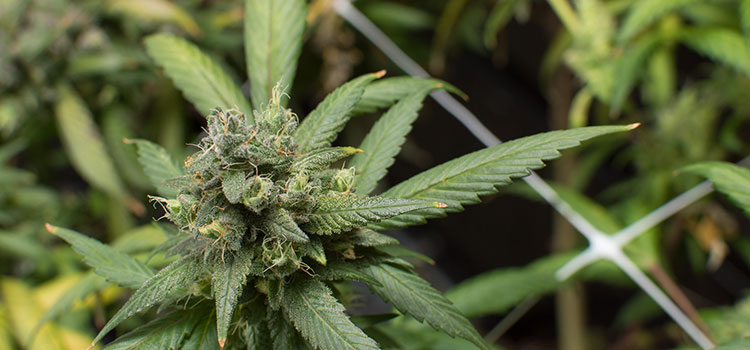According to a report from Steep Hill Labs, about 84 percent of medical cannabis samples tested by the lab over a 30-day period tested positive for pesticide residues, the company said in a press release. Of “paramount concern” is the presence of Myclobutinal, which was found in excess of 65 percent in all samples.
Myclobutinal is listed as a “general use pesticide” and is typically sprayed on grapes, strawberries and almonds, however when the chemical is heated it converts into Hydrogen Cyanide — a Schedule 3 substance under the Chemical Weapons Convention.
During the 30-day period ending on Oct. 10, Steep Hill tested and reported pesticides in over 84 percent of cannabis, which would have failed under Oregon’s pesticide regulations.
Jmichaele Keller, president and CEO of Steep Hill, said that most cannabis consumers are not given correct data and that the cannabis they are consuming might not be safe.
“…smoking a joint of pesticide-contaminated cannabis could potentially expose the body to lethal chemicals,” he said in the release. “As a community, we need to address this issue immediately and not wait until 2018.”
Don Land, chief scientific consultant for Steep Hill, said knowing this problem before California voters go to the polls next month is important because the industry has proven to be “responsive and responsible.”
“When we introduced our accurate residual solvent test for concentrates in 2013, almost everybody had contamination in their products, at first. Now, just a couple of years later, almost nobody fails,” he said. “Our solutions helped the industry become responsible.”
Get daily cannabis business news updates. Subscribe
End
